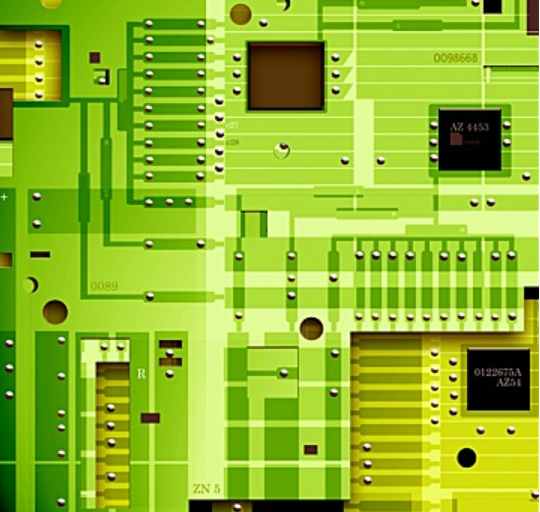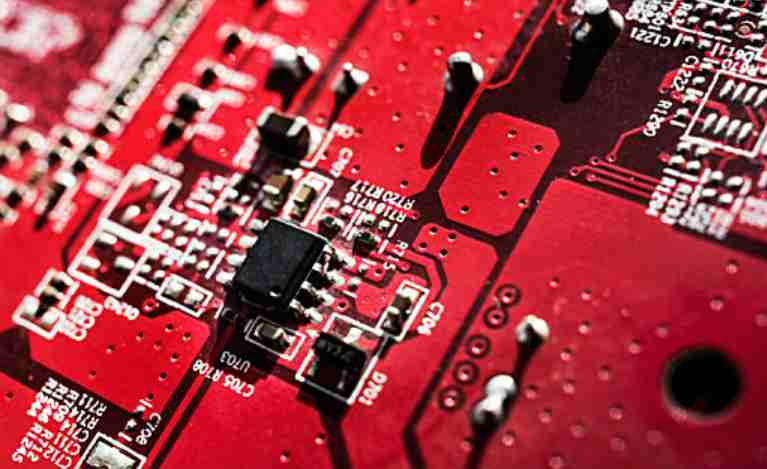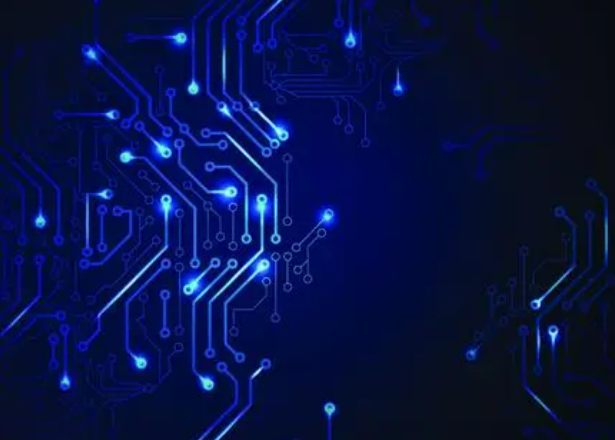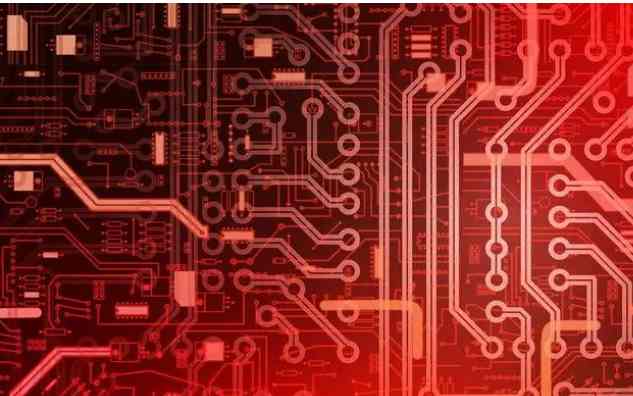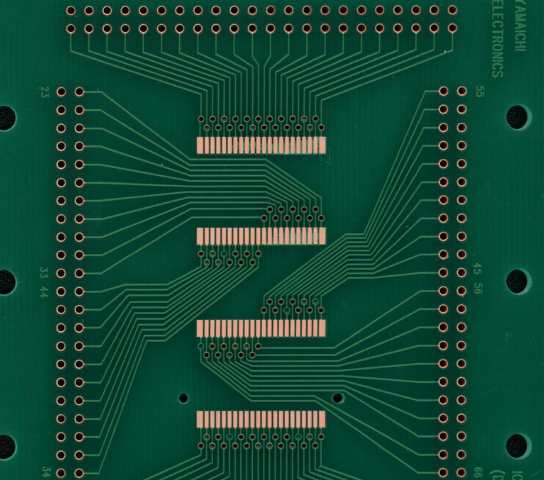
PCB board copying, that is, on the premise that there are physical electronic products and circuit boards, reverse analysis of circuit boards is carried out by using reverse R&D technology, and PCB files, bill of materials (BOM) files, schematic files and other technical documents of original products as well as PCB silkscreen production documents are carried out. 1: 1, and then use these technical documents and production documents for PCB board making, component welding, fly needle testing, circuit board debugging, and complete the complete copy of the original circuit board template.
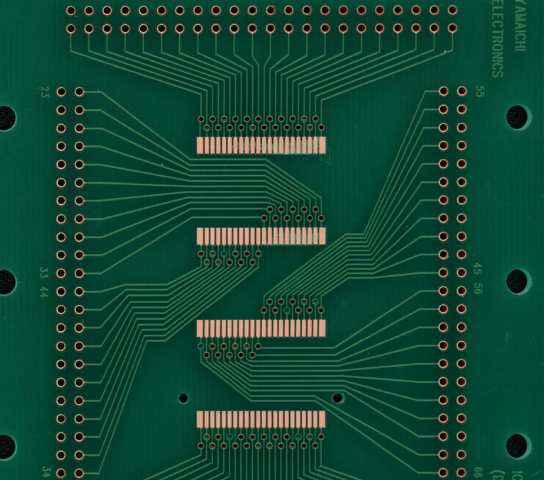
Standard series products, 2U standard chassis, 192 x 64 pixel LCD display, small size, light weight, easy to operate intuitive, using the industry common external communication interface, can be with the current foreign power supply such as AE, MKS, COMDEL, etc.
Skin effect exists in the circuit under RF condition. Unlike DC, where current flows throughout the conductor, current flows over the surface at high frequencies. As a result, the AC resistance at high frequencies is greater than the DC resistance.
Another problem in high frequency circuits is the effect of electromagnetic radiation. As the frequency increases, the circuit becomes a radiator when the wavelength is comparable to the circuit size of 12. At this time, there will be various coupling effects between circuits, circuits and the external environment, which leads to a lot of interference problems. These problems are often irrelevant at low frequencies.
With the development of communication technology, the frequency used in communication equipment is increasing day by day. Radio frequency (RF) and microwave (MW) circuits are widely used in communication systems. The design field of high frequency circuit has been paid special attention by the industry. The carrier frequency of microwave radio frequency identification system (RFID) is in the frequency range of 915MHz and 2450MHz; The Global Positioning system (GPS) carrier frequency is in the frequency range of 1227.60MHz and 1575.42MHz; The RF circuit in the personal communication system operates at 1.9GHz and can be integrated into the increasingly small personal communication terminals; The C band satellite broadcast communication system includes 4GHz uplink and 6GHz downlink. These circuits typically operate at frequencies above 1GHz, and with the development of communication technology, this trend will continue. However, dealing with such high frequency circuits requires not only special equipment and devices, but also theoretical knowledge and practical experience not used in DC and low frequency circuits.
Three. Applications of radio frequency circuits
RF(Radio Frequency) technology is widely used in many fields, such as: television, radio, mobile phone, radar, automatic identification system and so on. The special word RFID(radio frequency identification) refers to the application of radio frequency identification signals to identify the target. Applications of RFID include:
ETC(electronic toll collection)
Railway rolling stock identification and tracking
Container identification
Identification, authentication and tracking of valuables
Target management for retail, healthcare, logistics, etc
Access control
Animal identification and tracking
Automatic locking of vehicle (anti-theft)
Radio frequency band The main application areas of the frequency band are:
1. Satellite communications and satellite television broadcasting
* Bs-direct Broadcast System
* C band: 4/6GHz, down 4 GHz, up 6GHz
* Ku Band: 12/15GHz, 12GHz downlink, 15GHz uplink
* Intersatellite communication: 36GHz
2. Microwave relay communication
* Mainline microwave: 2.1GHz, 8GHz, 11GHz
* Feeder Microwave: 6GHz, 8GHz, 11GHz, 36GH
* Rural Multiple access (one point multiple access) : 1.5GHz, 2.4GHz, 2.6GHz
3. Radar, meteorology, ranging, positioning
* Radar long Range Warning: P, L, S, C
* Precision guidance: X, Ka
* Meteorological: 1.7GHz, 0.1375GHz
* Auto collision prevention, automatic charge: 36 GHz, 60GHz
* Anti-theft: 9.4GHz
* Global Positioning: 1227.60MHz and 1575.42MHz
4. Radio Astronomy: 36GHz, 94GHz, 125GHz
5. Computer wireless network: 2.5GHz, 5.8GHz, 36GHz


